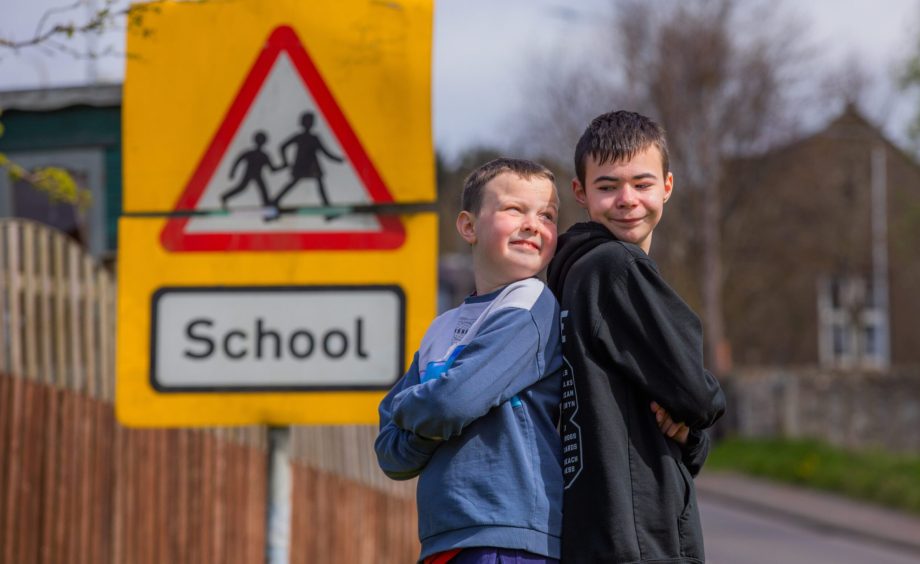
While their peers are at school Charlie and Ben Lothian might be doing maths in the kitchen, yoga with friends or hunting for fossils.
They are among a growing number of home educated children.
For many parents, the choice to home educate is due to additional support needs not being met at school.
For some, the pandemic opened their eyes to another way of life.
And for a few, school was just never the plan.
For Vicky and Alan Lothian, they saw Charlie, who has autism, a learning disability and epilepsy, struggle in the school environment.
Then Ben’s mental health went downhill.
Five years on, they say the boys are thriving – and their social lives have never been busier!
In Fife, where the Lothians live, 86 children were withdrawn from their school roll to be home educated last year – seven times as many as in 2015.
There have also been increases since the start of the Covid period in Dundee, Angus, Perth and Kinross and Stirling.
According to Home Education Scotland, children’s additional support needs are behind a lot of school withdrawals.
And that was certainly the case for Vicky and Alan when they decided to take Charlie, 13, out of Largoward Primary School in 2019. Ben, 11, stopped going to school in 2022.
The difference in her sons before and after is like “chalk and cheese”, Vicky says.
Charlie’s seizures and autism have reduced. “He’s just a much, much calmer happier person.”
Vicky set up the East Neuk Home Education group in 2020, connecting around 100 families.
That’s been key to making home education successful for Ben in particular.
“Ben is a very social person and it’s changed his world,” says Vicky.
Many people believe home educated children have limited contact with their peers.
But Vicky says the opposite is true.
“This is socially a much better experience for them than school was.
“The boys have made really good friendships with the other children, and I have with the parents [in the group].
“I’ve never been so socialised in my whole life!”
I met the Lothians at a Tuesday morning weekly yoga class, one of several activities Vicky organises in Largoward Village Hall.
Just across the road from the school where Charlie and Ben’s former classmates were at work, the hall was full of laughter and smiling faces.
The Lothians combine sessions like these – art classes, theatre workshops, Lego Engineers, Taskmaster challenges – with learning at home using text books, apps and practical activities like cooking and science experiments.
They also go on adventures with friends, whether that be fossil-hunting, campfire-building, kayaking or even group holidays.
They go on educational excursions to places like Fife Zoo and Fife Folk Museum.
And Vicky says: “We have so much fun.”
Ben likes history and Vicky says: “I think we’ve seen 60% of the castles in Scotland and there are a lot of castles in Scotland!”
Starting home education is daunting
Previously a veterinary nurse, Vicky had intended to return to work when Ben started school.
It was only when Charlie started struggling that she and Alan, a maintenance engineer, discovered home education was an option.
“We’d never even considered it before,” says Vicky.
When she told the school she intended to teach Charlie herself Vicky was reassured she was doing the right thing.
But with no experience of teaching, her first days responsible for his education were daunting.
Now we’ve got a great system for both of them, very different systems.”
Vicky
She waded through a wealth of educational material until she found what worked.
She says: “It was a huge learning curve for me.
“I just had to keep exploring options and trying different things.”
By the time they decided to withdraw Ben from school, she had started East Neuk Home Education.
And she had become confident in her ability to provide a suitable education for her sons.
“Now we’ve got a great system for both of them, very different systems,” she says.
Charlie and Ben’s educational needs are completely different.
Charlie’s aim is “be the best version of himself”.
He likes to use an app to learn maths and he likes hands-on learning, such as taking things apart to see how they work.
Ben aspires to university. He prefers a more structured approach using textbooks, and is also learning guitar.
When it’s time to take IGCSEs qualifications – similar to England’s GCSEs – it’s likely he will also see a tutor.
The boys study a novel together, as they would at school. Currently it’s The Iron Man by Ted Hughes.
Although there’s no set timetable, Vicky has a list of daily tasks for them to complete before they are allowed to play Xbox in the evening.
Four days a week are for home learning and two are for activities. Only Sunday is for relaxing as a family.
But sometimes Vicky and the boys just don’t feel like hitting the books.
With no set holidays as they would have in school, downtime is more sporadic.
“Sometimes I don’t need it either and we will just have a duvet day,” says Vicky. “We’ll watch a film and then talk about it. We’ll take the dog for a walk and see how the seasons are changing. Or we’ll do some cooking in the kitchen.
“So it’s not a formal learning day but they are still learning whether they realise it or not.
“It [home education] is mostly continuous but you do go through phases where you naturally have a lull.
“Then we’ll get back into it full steam ahead.”
How to start home educating
To withdraw a child from a state school parents need consent from their local authority.
They must submit proposals for how they intend to provide education for their child.
Consent is not needed for children at an independent school or who have never attended school.
Some parents choose flexi-schooling, a combination of part-time school and home education.
There’s no financial support from the government for home educating, but those aged 16 to 19 are entitled to education maintenance allowance as their peers in school are.
The Scottish Home Education Forum stresses that home education – it discourages the term home schooling – is not about recreating school at the kitchen table.
New home educators, it says, should put the idea of a curriculum to the back of their mind and focus on their child’s needs and interests.
Deschooling
A period of de-schooling is common before new home educators establish and settle into a new routine.
And the forum advises learning what works from other home educating families and sharing resources.
This is advice Vicky echoes. She said: “Both [Charlie and Ben] went through a period of unschooling.
“You don’t take them out of school and sit them straight down at a table at home and say ‘do this, learn this’.
“It’s important for you as a parent as well. You might have gone through a lot if they’ve been struggling. It’s really important to find that closeness together and that peaceful place before you start cracking out the textbooks.”
He has hopes and dreams and we want him to get there.”
Vicky
Taking the first steps into home education is daunting, she says, and it took her some time to fine tune her methods.
“If you are not a teacher and you hadn’t planned to home educate your children, it is a bit like ‘woah’.
“Particularly with Ben, there’s a lot of pressure to get it right.
“He has hopes and dreams and we want him to get there.”
Was home education the right decision for their family?
“Absolutely,” says Vicky.
“You wouldn’t believe all the things we’ve seen and done!”
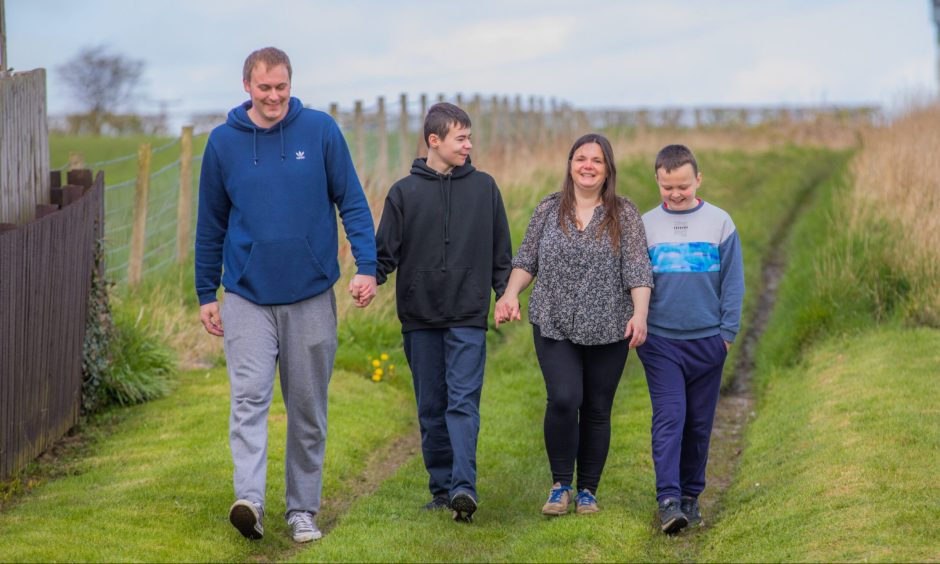
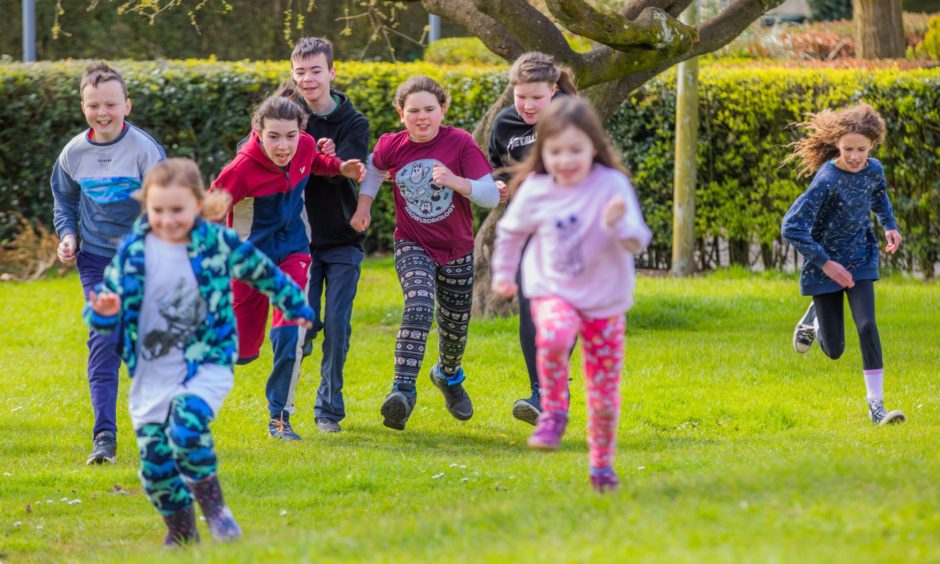
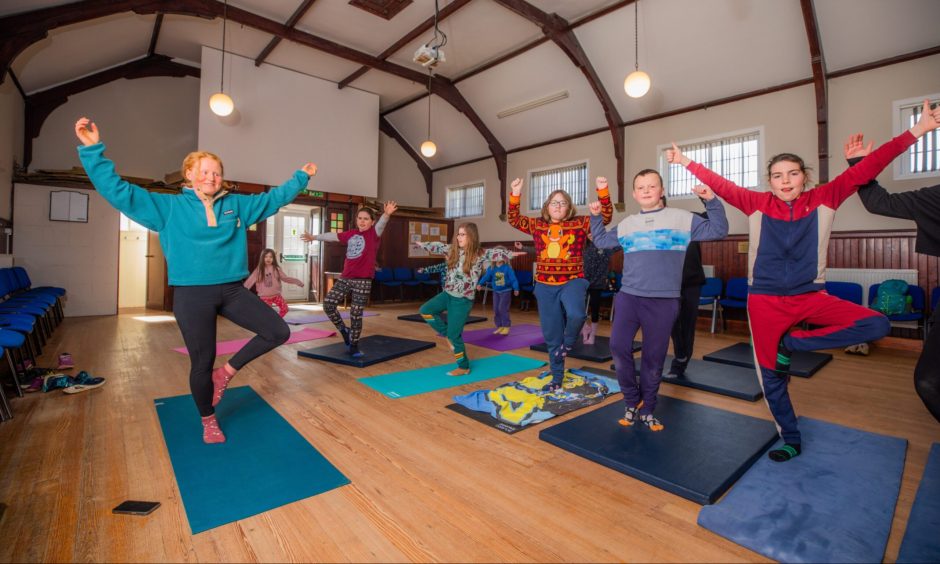
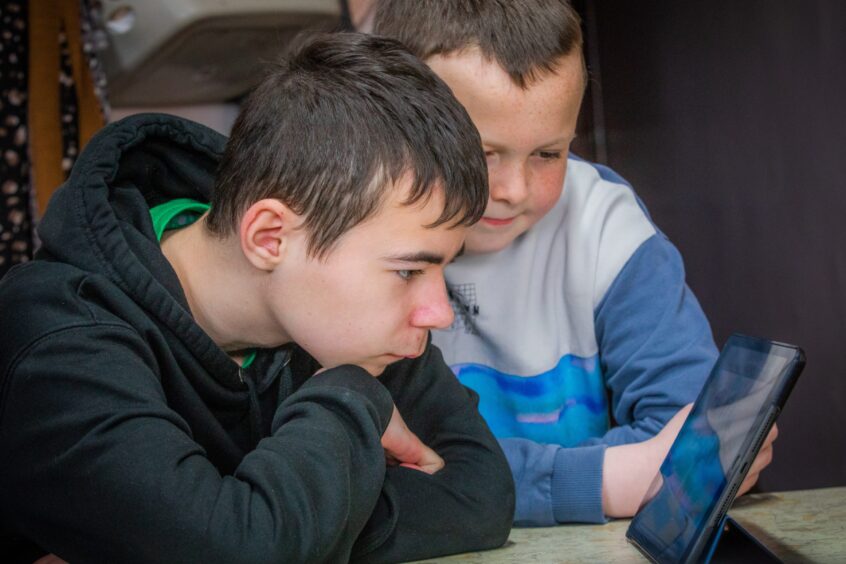
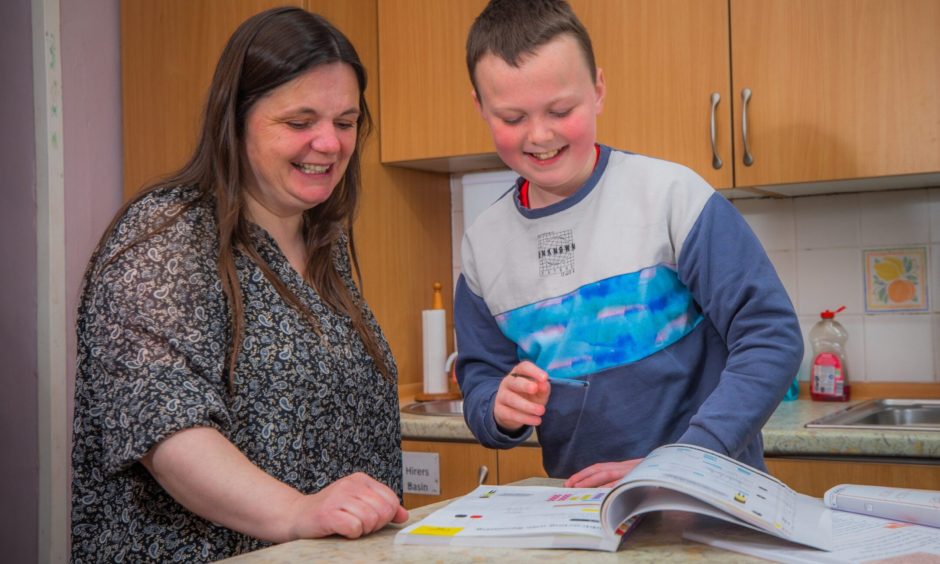






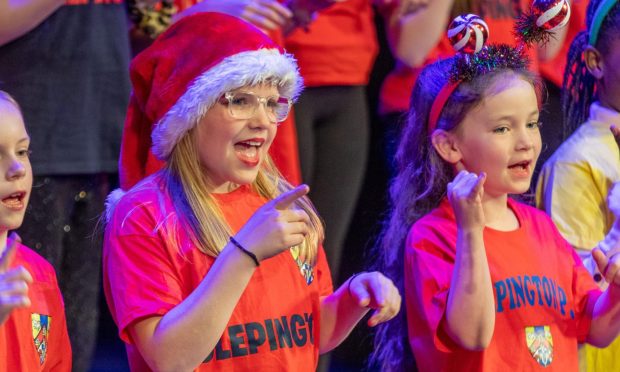
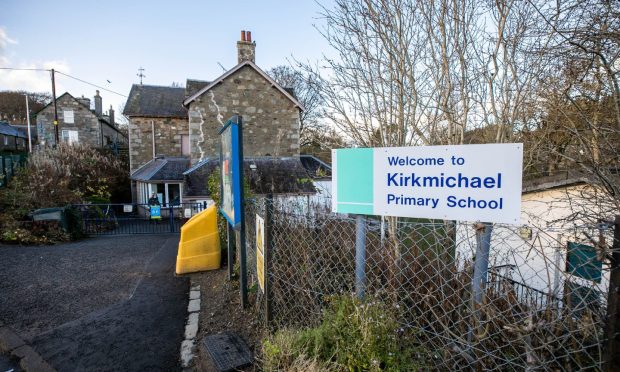
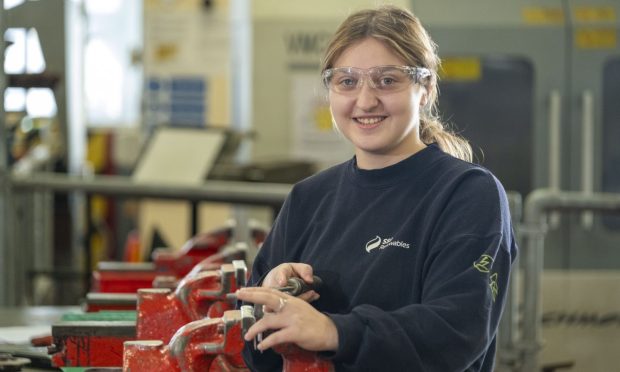

Conversation